Continuing the 8th Session Program, on the afternoon of October 25, the National Assembly discussed in the hall a number of contents with different opinions of the draft Law on Notarization (amended). The organizational model of notary offices is the content that many National Assembly deputies are interested in and give their opinions on.
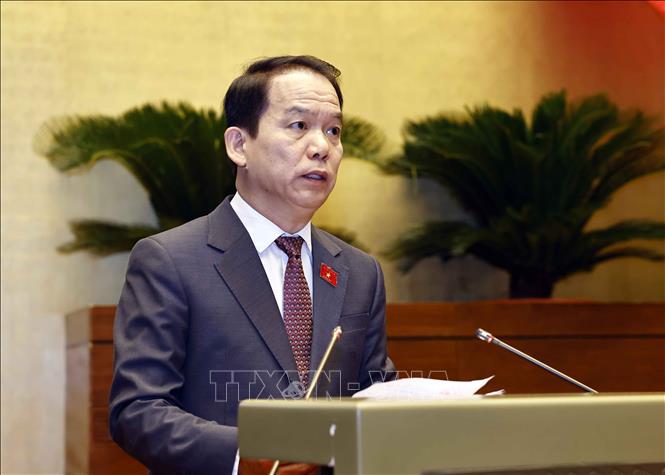
Two organizational model options for notary offices
Reporting on the explanation, reception and revision of the draft Law, Chairman of the National Assembly's Law Committee Hoang Thanh Tung said that regarding the organizational model of notary offices, some opinions agreed with the provisions of the draft Law on the organizational model and operation according to the type of partnership company.
Some opinions proposed that the notary office should be organized and operate in the form of a partnership or private enterprise nationwide or applied to notary offices established in remote areas, areas with particularly difficult socio -economic conditions. For other areas, only the form of a partnership should be applied.
There is a proposal to add regulations that notary offices be organized in the form of limited liability companies.
The Standing Committee of the National Assembly finds that the current Law on Notarization and the draft Law do not stipulate the organizational model of a notary office as a limited liability company or with members contributing capital in a partnership company because notarization is a basic public service, a judicial support profession so it has its own characteristics, not encouraging the business goal of only making profit but focusing on the practice of notarization by the partners and the unlimited liability regime of these members for the notarization activities they perform. Due to different opinions, the Standing Committee of the National Assembly proposes two options.
Option 1, in addition to notary offices organized under the partnership model as per the current Law, in district-level areas with low population density, underdeveloped infrastructure and services, and difficulties in establishing notary offices under the partnership model as prescribed by the Government , notary offices are organized and operated under the private enterprise model.
Option 2, some opinions suggest, inheriting the current Notary Law, stipulates that notary offices are organized and operate according to the partnership model because it has the advantage of ensuring stability in the organization and operation of notary offices, consistent with the nature of notary services as basic public services, so it is necessary to ensure the continuity of service provision.
The Standing Committee of the National Assembly requests that National Assembly deputies consider and allow the acceptance and revision of this content according to Option 1.
Regarding the selection of option 1, delegate Nguyen Huu Thong (Binh Thuan) requested clarification of some contents such as "what is low population density", "underdeveloped infrastructure", "difficulties in establishing a notary office in the form of a joint venture company according to Government regulations; at the same time, requested to assign the Government or the Provincial People's Committee to specifically regulate this content to avoid the case where notary offices currently operating under the joint venture company model request to convert to private enterprises after the Law comes into effect, leading to difficulties in management.
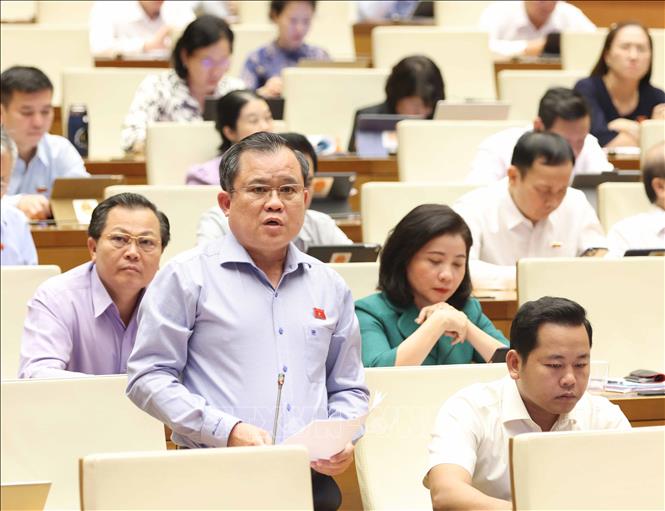
Delegate Nguyen Tam Hung (Ba Ria - Vung Tau) also agreed with option 1 and said that this option is more flexible, allowing for the establishment of models suitable to the conditions of each locality. Especially, in areas with underdeveloped infrastructure, the private enterprise model will help create more favorable conditions for the establishment and operation of notary offices.
Delegates suggested considering adding a requirement for minimum charter capital when establishing a notary office to ensure financial capacity and quality of notary services; at the same time, it is necessary to specify the annual financial reporting obligations of notary offices to increase transparency, clearly stipulate the supervision of notary offices' operations by competent state agencies to prevent cases of abuse of power or violations during the practice.
Ensuring stability
Meanwhile, delegate Duong Van Phuoc (Quang Nam) chose option 2 to ensure the stability of the notary practice organization, better meet the notary needs of individuals and organizations, consistent with the nature of notary services as a judicial support activity.
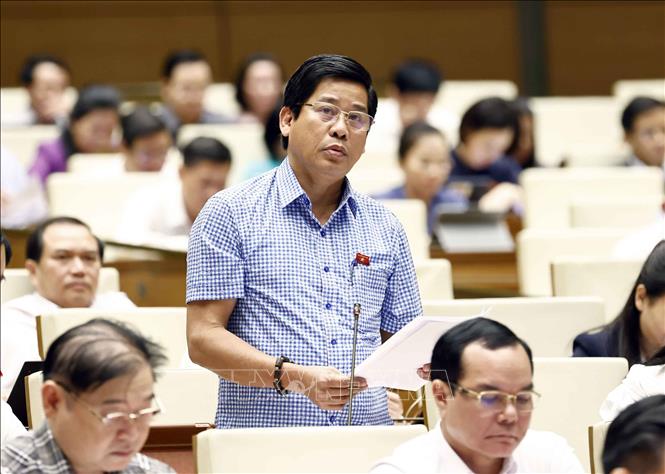
Delegate Duong Van Phuoc said that the private enterprise model owned by only one notary would be difficult to meet, especially in the case of the sole notary being lost or unable to practice notary work due to health or personal reasons, not ensuring continuous and stable notary activities. In addition, resolving the consequences of notarized documents organized under the private enterprise model, when the operation is terminated, will cause difficulties for state management. Therefore, Delegate Duong Van Phuoc proposed to choose option 2 and adjust the provisions in a number of articles of the draft Law accordingly.
Proposing to regulate that notary offices can only be organized and operate as partnerships, not allowing them to be organized and operate as private enterprises, even in areas with low population density and underdeveloped infrastructure and services, delegate Duong Van Phuoc said that in these areas, economic transactions are rare. If there are any, the People's Committee at the commune level has the authority and responsibility to authenticate contracts, transactions, and documents for people according to current law.
Sharing the same view, delegate Thai Thi An Chung (Nghe An) said that choosing option 2 is to inherit the provisions of the Notary Law, which is promoting effectiveness, ensuring stability, and better meeting the notarization needs of individuals and organizations.


![[Photo] General Secretary To Lam, Secretary of the Central Military Commission attends the 12th Party Congress of the Army](https://vphoto.vietnam.vn/thumb/1200x675/vietnam/resource/IMAGE/2025/9/30/9b63aaa37ddb472ead84e3870a8ae825)
![[Photo] Many streets in Hanoi were flooded due to the effects of storm Bualoi](https://vphoto.vietnam.vn/thumb/1200x675/vietnam/resource/IMAGE/2025/9/29/18b658aa0fa2495c927ade4bbe0096df)

![[Photo] General Secretary To Lam receives US Ambassador to Vietnam Marc Knapper](https://vphoto.vietnam.vn/thumb/1200x675/vietnam/resource/IMAGE/2025/9/29/c8fd0761aa184da7814aee57d87c49b3)

![[Photo] General Secretary To Lam attends the ceremony to celebrate the 80th anniversary of the post and telecommunications sector and the 66th anniversary of the science and technology sector.](https://vphoto.vietnam.vn/thumb/1200x675/vietnam/resource/IMAGE/2025/9/29/8e86b39b8fe44121a2b14a031f4cef46)







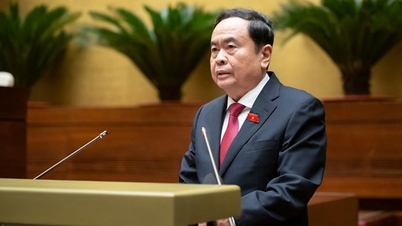
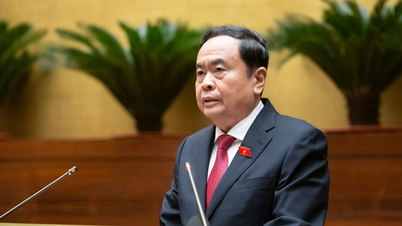













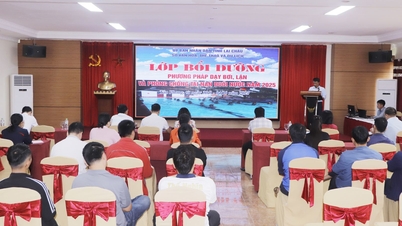
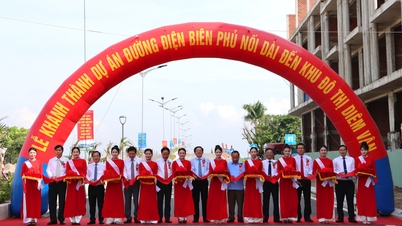



![[Photo] National Assembly Chairman Tran Thanh Man chairs the 8th Conference of full-time National Assembly deputies](https://vphoto.vietnam.vn/thumb/1200x675/vietnam/resource/IMAGE/2025/9/29/2c21459bc38d44ffaacd679ab9a0477c)







































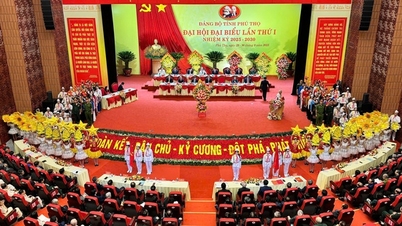


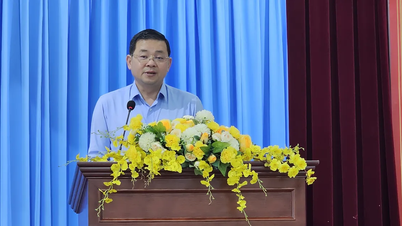



















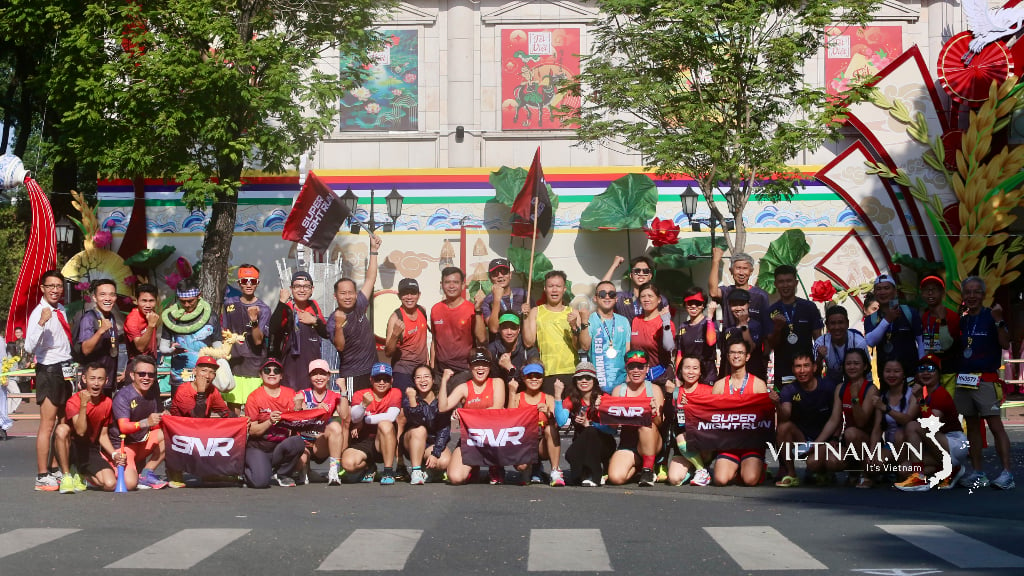

Comment (0)